With the increasing population, the food supply chains are also becoming complex and challenging in reducing food wastage and delivering safe, nutritious high-grade quality food.
People involved in sourcing and procuring agri-commodities play an essential role in connecting farming communities with food processing companies on a global level and ensure that the best quality raw materials reach the manufacturing units to produce the finest food products. And all this comes with reasonable challenges that can be addressed using digital technologies.
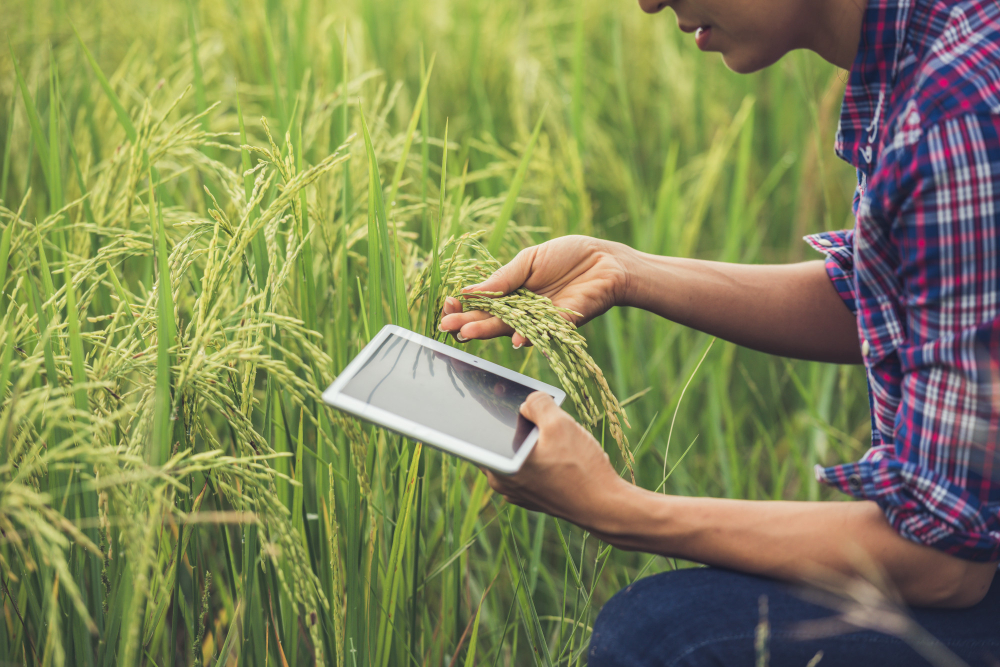
Regulation of Post-Harvest Losses
Agriculture is an extremely climate-sensitive sector that can be affected by several external factors unpredictably. It is also estimated that globally about 30 % of the food produced goes to waste through post-harvest losses that occur along the value chain. So what can be done?
Agritech platforms like agribazaar can certainly be used to overcome such an issue. These applications can predict the environmental impact on crop yield such as weather changes, thus helping farmers to make better harvesting decisions. Predictive systems are being developed that can estimate storage conditions and suggest preventive actions such as rotting & spoilage of the stored food products.
Assuring Product’s Quality & Safety
Usually, in international markets, customers’ interests are secured by a set of import regulations on the quality of food products. Such transparency works both for consumers since they get enough information about the product they’re consuming, and for producers, to create a reputation for themselves. Is there anything more that can be done?
Digital farm management systems enable capturing farm data, which can be extracted from customised reports to confirm compliance with import/export laws along with important information from lab reports. The addition of technology, transparency and traceability in the cultivation process has empowered organisations involved in procuring and exporting to proceed with the process.
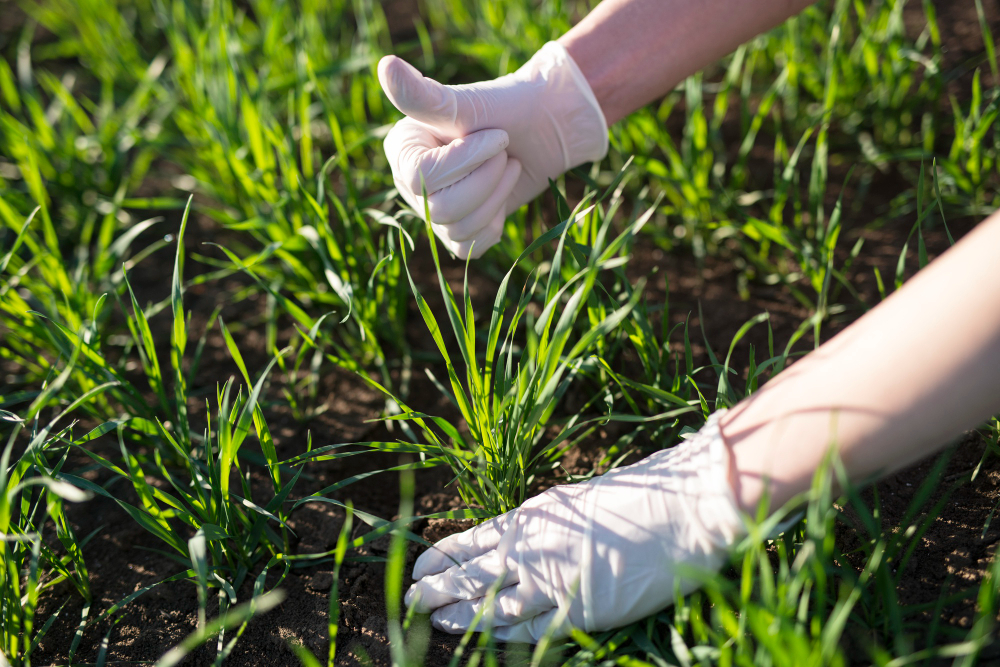
Accessible Agriculture Finances
Blockchain can bring transparency to agricultural financial transactions, credit history, and financial agreements for smallholders who want to invest in farming. Shared access and irreversible agreements will allow smaller farmers to pay for raw materials and machinery partially or after delivery and guarantee fair market pricing.
Traceability to build Trust
Farm-to-shelf traceability is an important factor in establishing the origin of a food ingredient and is being perceived by the end-consumer as a benchmark of quality and food safety. Procurement organizations, being an indispensable player in the Agri supply chain can leverage state-of-the-art digital tools to track all the processes involved in the cultivation of agri-commodities and utilize this intelligence to further strengthen the supply chain and earn the trust of the end-consumer.
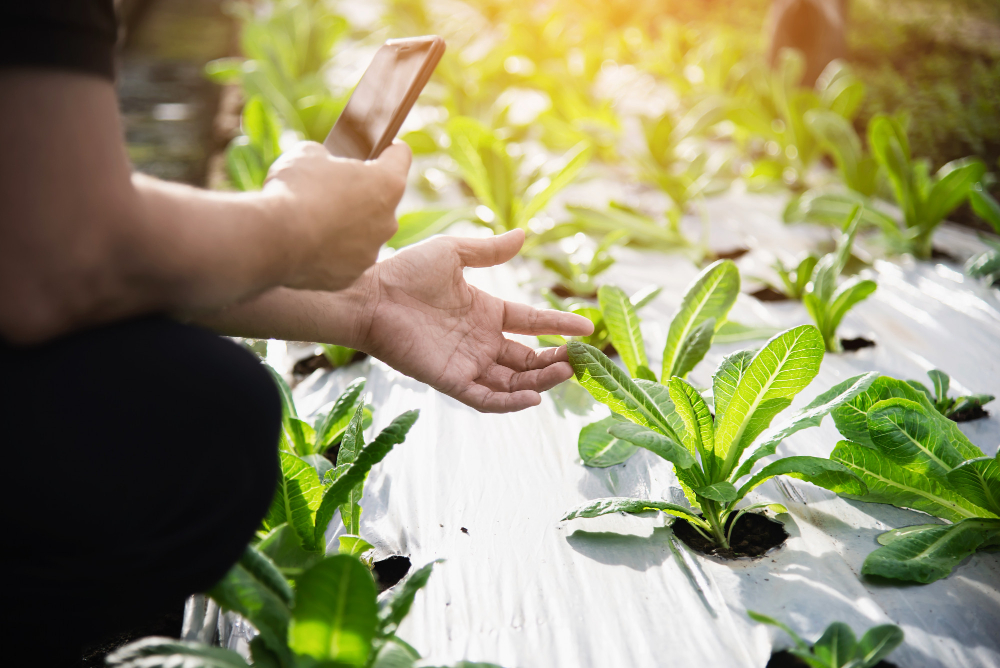
Conclusion
A long-term vision for digital agriculture has become crucial as farming professionals will face a challenging environment soon due to increasing food demand and shortage of resources. Distressful situations such as the ongoing pandemic have also highlighted the need for more efficient and flexible supply chain management, and why it has become more significant than ever. Digital technology, however, offers a powerful set of new tools that will enable stakeholders to build the new-age supply chain that can tackle all the current challenges and open a new value for those seeking to innovate beyond just the needs of the moment.

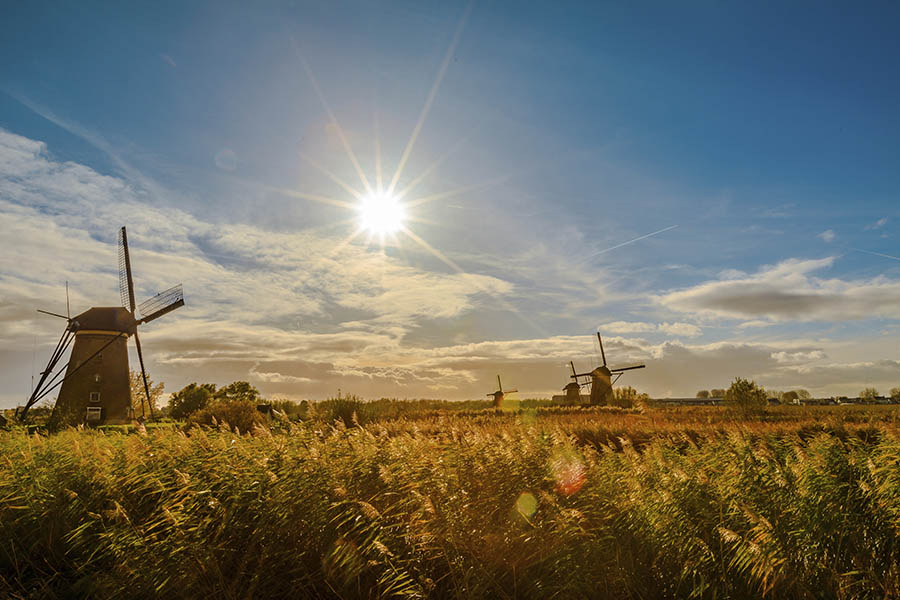
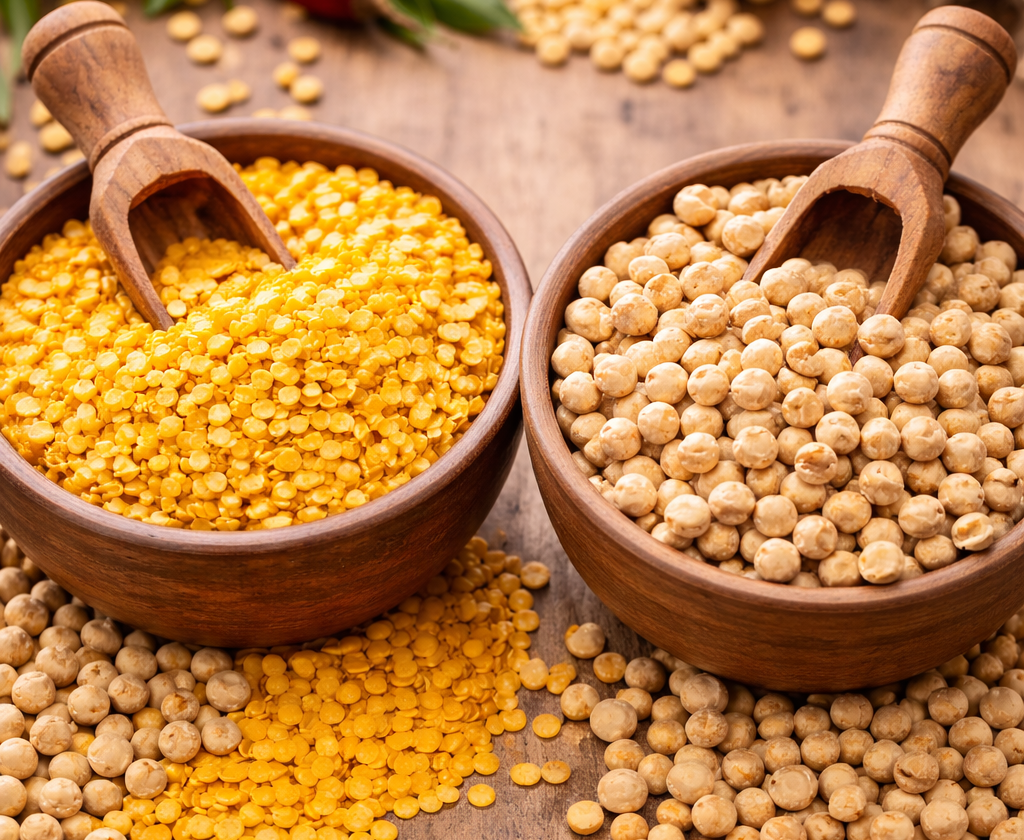
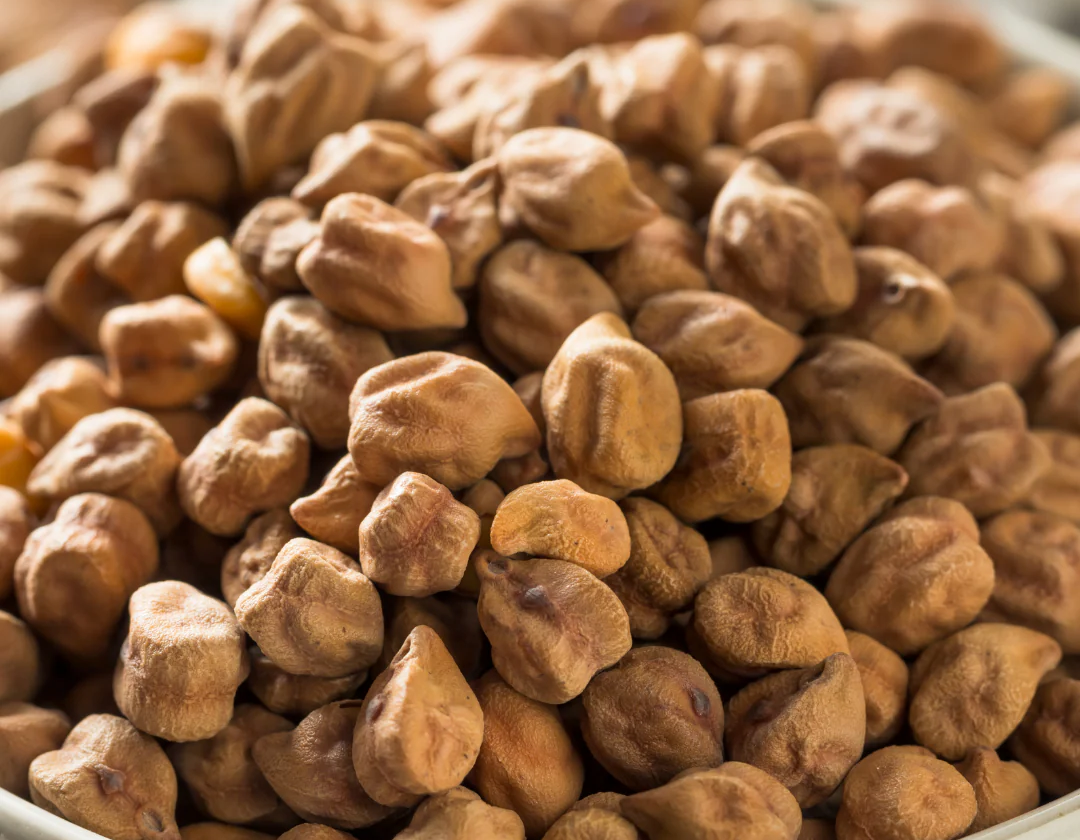
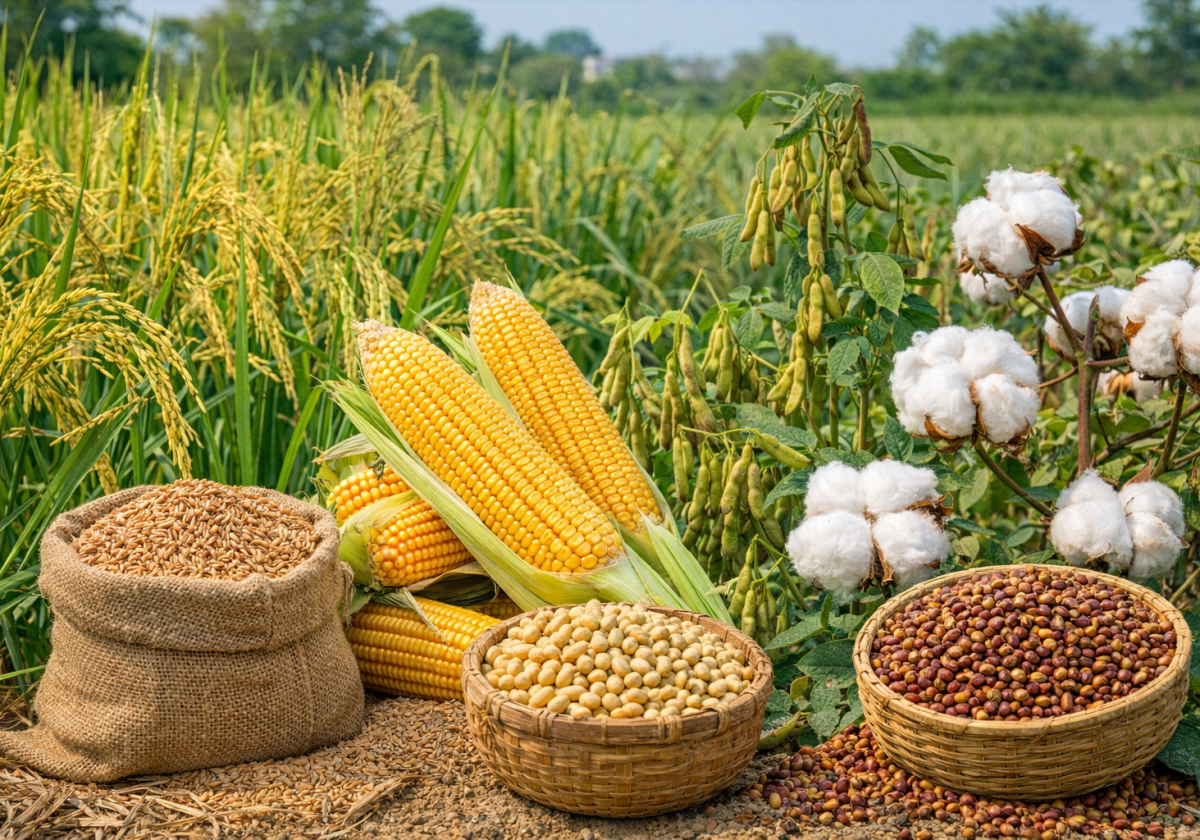

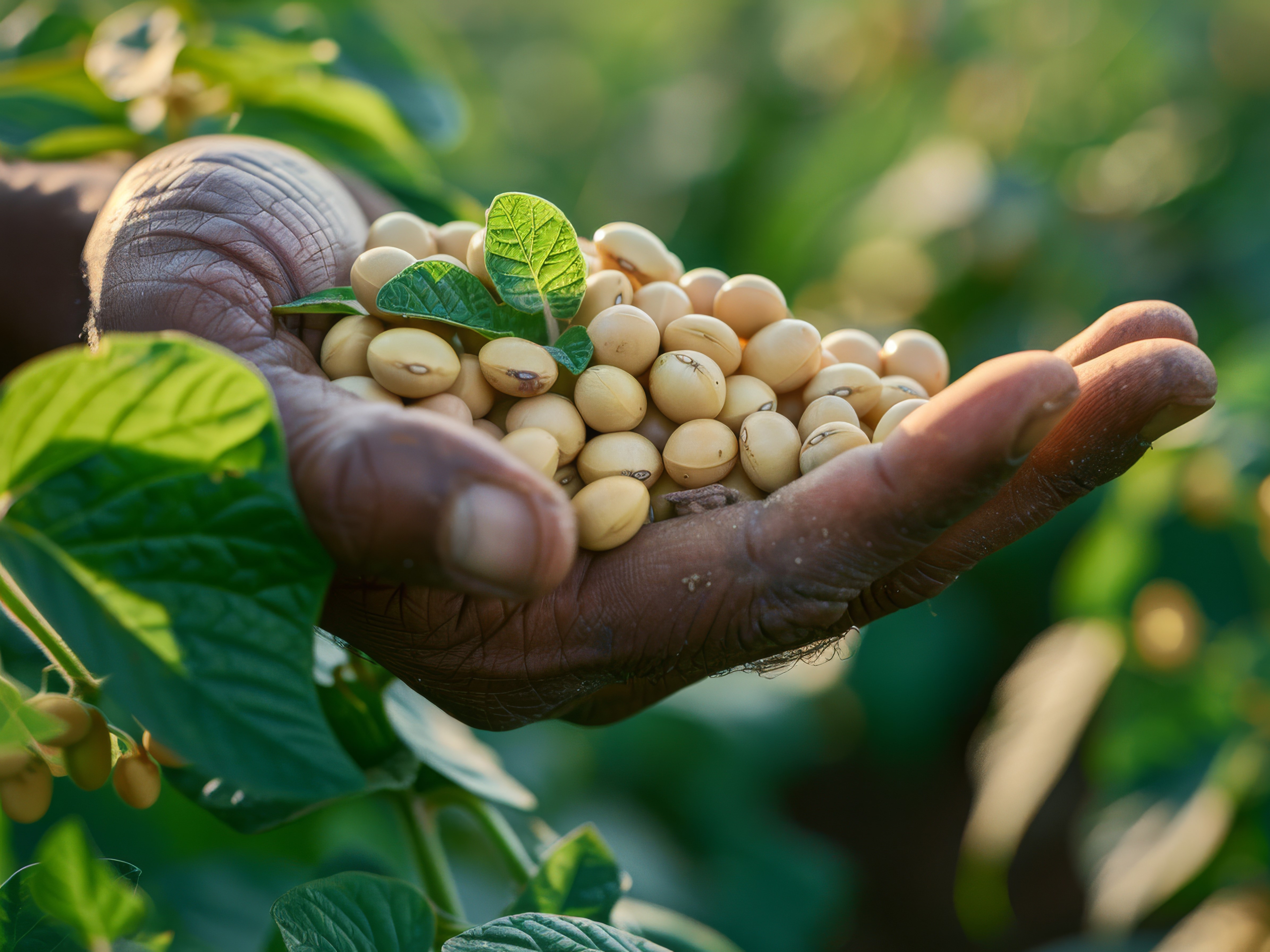

 Connect With Us
Connect With Us
We are not been able to get organic certified Sunflower, Groundnut and Safflower oilseeds in India.